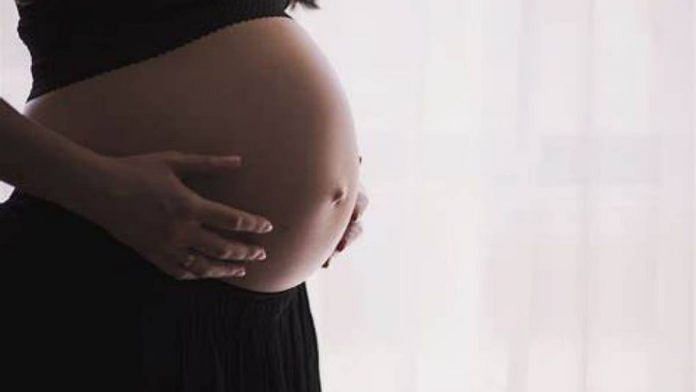New Delhi: Maternity benefits do not merely arise out of statutory right or contractual relationship between an employer and employee, but are a fundamental and integral part of the identity and dignity of a woman who chooses to bear a child, the Delhi High Court has held.
Making the observation in a 26 July order, the court allowed a writ petition filed by a woman advocate who was denied maternity leave by the Delhi State Legal Services Authority (DSLSA).
The woman was an empanelled advocate with the authority that provides legal assistance to those from marginalised communities, but was not a regular employee.
A bench led by Justice C.D. Singh rejected the DSLSA’s argument that the relationship between the woman advocate and the authority was not akin to that of an employee-employer, saying it lacked rationale.
“Nature certainly does not discriminate on the basis of the nature of employment of a woman when it blesses her with a child,” the judge said.
The judge further noted that it was evident that the woman advocate received remuneration in terms of her appointment, which required her to be paid a fee and hence enjoy the maternity benefit given by an employer.
The court observed that “it is pertinent to note that the (Maternity Benefit) Act in place, which grants relief to an expecting or new mother, considers such reliefs as a ‘benefit’, when in fact the reliefs should come as a matter of right to the women employees who may be in that position”.
“In this respect, a positive change of perspective is also required along with a more adaptive approach in the matter of granting maternity benefits,” the bench added.
Ruling in favour of the woman advocate, the court directed DSLSA to release within three months all medical, monetary and other benefits the petitioner was entitled to because of her pregnancy according to the terms of the Maternity Benefit (Amendment) Act, 2017.
In its verdict, the Delhi High Court bench also referred to other courts which had held in various judgments that maternity leave and its consequential benefits should be extended to contractual employees as well.
Also Read: One-year-old baby goes to Delhi High Court to ask tough questions on India’s maternity laws
Arguments in court
In the case at hand, the woman advocate was empanelled with the DSLSA in May 2016 on a daily fee of Rs 1,750. She conceived a child in April 2017 and accordingly applied for maternity leave of seven months in October 2017.
Separately, she also sent an email to the DSLSA requesting for maternity leave, which was denied to her.
The authority stated in its reply that there was no provision to grant maternity benefits to an employee of her profile.
Before the court, the DSLSA argued that the petitioner had no locus standi to approach the court as she was not a regular employee of the authority.
“Empanelled advocates cannot be considered employees, neither contractual nor ad hoc, as they only render their service when called upon or required by the respondent,” the authority stated.
It further submitted that granting maternity leave to the woman advocate would be contrary to the intent and purpose of the Legal Services Authority Act, as empanelled advocates are paid honorarium from public money.
The advocate, on her part, contended that she had continued to work till the seventh month of her pregnancy and later took bed rest only on the advice of her doctor due to her deteriorating health.
Not allowing her maternity leave was a gross violation of fundamental and other legal rights guaranteed to her under the Maternity Benefit Act as well as various provisions of the Constitution, she submitted.
The court was also told that women contractually employed by the DSLSA for a tenure of three years were being denied maternity benefits, but permanent employees were granted the same.
The advocate in her plea also highlighted a Supreme Court judgment to underline that a woman in an advanced stage of pregnancy could not be compelled to undertake strenuous work and was entitled to maternity leave for a certain period before her delivery.
(Edited by Nida Fatima Siddiqui)
Also Read: About 649 million women have inadequate maternity protection. ILO has a message



